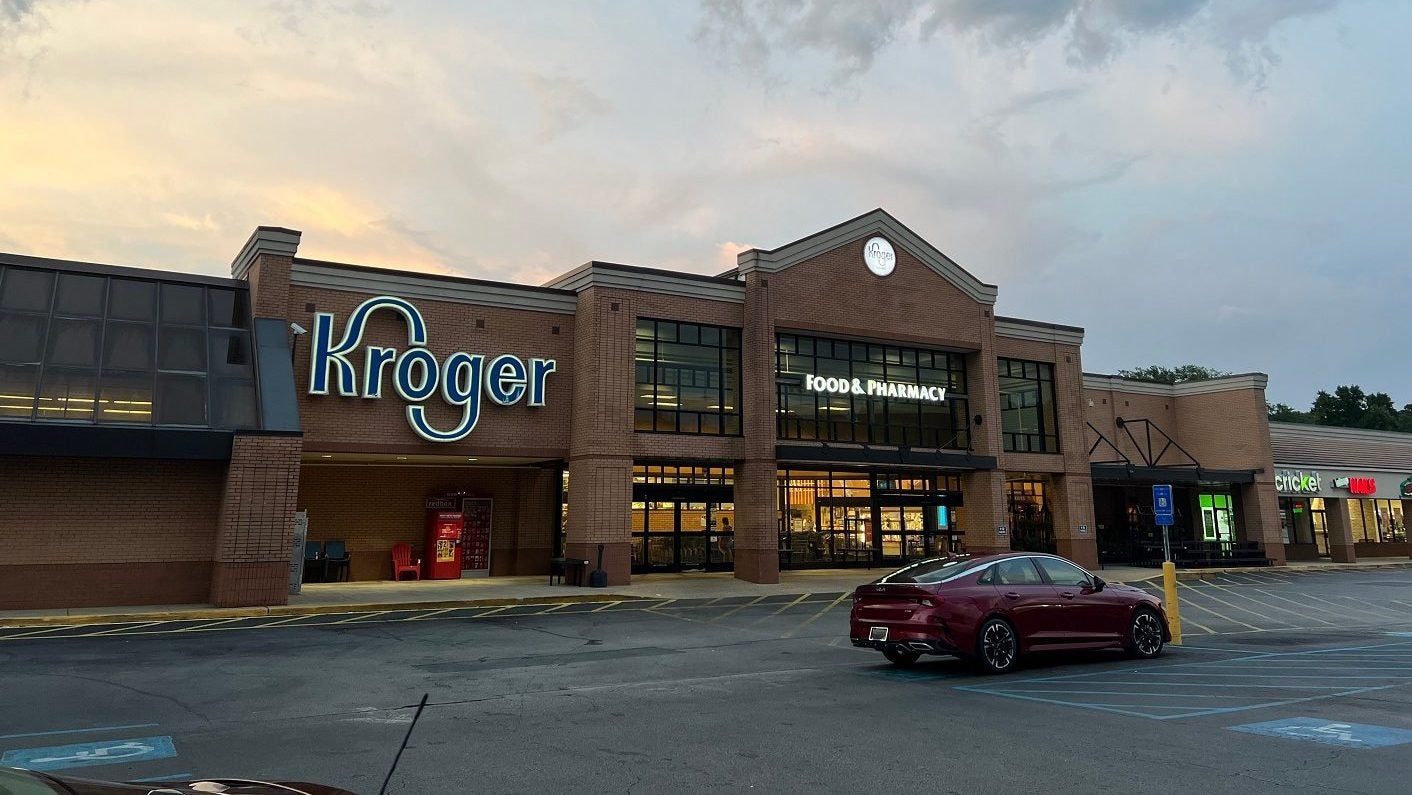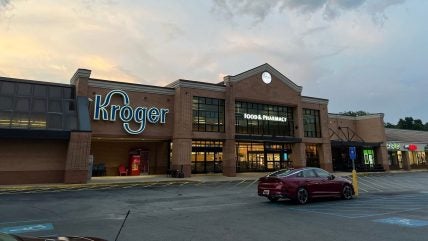

The legal bid by the US Federal Trade Commission to block the planned mega-merger between retailers Kroger and Albertsons will formally start in August.
Last month, the US Federal Trade Commission said it would try to block the proposed merger between the two grocers, arguing the deal would be to the detriment of the retailers’ staff and customers.
The FTC and a group of US Attorneys General have moved to stop the deal, first announced in October 2022 and subsequently reshaped to try to gain regulatory clearance.
The FTC today (14 March) confirmed a US district court has set the date of the first preliminary hearing on its suit as 26 August.
The deal has been the subject of widespread scrutiny as lawmakers and consumer groups worried about increasing grocery prices, job cuts and closing stores.
The combined retailer would have “more leverage to impose sub-par terms” on employees, the FTC has asserted. Consumers would face higher grocery prices and the enlarged retailer would have less “incentive to compete on quality”, said the regulator.
Access the most comprehensive Company Profiles
on the market, powered by GlobalData. Save hours of research. Gain competitive edge.

Company Profile – free
sample
Your download email will arrive shortly
We are confident about the
unique
quality of our Company Profiles. However, we want you to make the most
beneficial
decision for your business, so we offer a free sample that you can download by
submitting the below form
By GlobalData
The deal, constructed as an acquisition of Albertsons, is set to make Kroger the second-largest food retailer in the US behind Walmart.
In September, Kroger and Albertsons set out a plan to sell more than 400 stores to C&S Wholesale Grocers to secure regulatory approval for the mega-merger.
The FTC argues that proposal was “inadequate” and amounted to “a hodgepodge of unconnected stores, banners, brands, and other assets that Kroger’s antitrust lawyers have cobbled together”. The planned disposals “fall far short of mitigating the lost competition between Kroger and Albertsons”.
When the FTC announced its legal bid last month, a Kroger spokesperson said: “Contrary to the FTC’s statements, blocking Kroger’s merger with Albertsons Companies will actually harm the very people the FTC purports to serve: America’s consumers and workers.
“The FTC’s decision makes it more likely that America’s consumers will see higher food prices and fewer grocery stores at a time when communities across the country are already facing high inflation and food deserts. In fact, this decision only strengthens larger, non-unionised retailers like Walmart, Costco and Amazon by allowing them to further increase their overwhelming and growing dominance of the grocery industry.”
The spokesperson said the combined company had committed to investing $500m to lower prices, another $1.3bn to “improve” Albertsons’ stores and a further $1bn to “raise wages and comprehensive benefits”.
In a statement, Albertsons also defended the proposed transaction. “Albertsons Cos. merging with Kroger will expand competition, lower prices, increase associate wages, protect union jobs, and enhance customers’ shopping experience,” the retailer said.
“If the Federal Trade Commission is successful in blocking this merger, it would be hurting customers and helping strengthen larger, multi-channel retailers such as Amazon, Walmart and Costco – the very companies the FTC claims to be reining in – by allowing them to continue increasing their growing dominance of the grocery industry. We are disappointed that the FTC continues to use the same outdated view of the US grocery industry it used 20 years ago and we look forward to presenting our arguments in court.”
Attorneys General from eight US states, as well as the District of Columbia, have joined the FTC’s federal lawsuit.
Last month, Washington state’s Attorney General Bob Ferguson filed a lawsuit to block the merger. He described the merger as “bad for Washington shoppers and workers”.
The retailers have more than 700,000 employees in nearly 5,000 stores across 49 states. They have combined annual revenue in excess of $200bn.
